
- DONATE
- SPONSOR A CHILD
- Zakat calculator
- SIGN IN
-
- About Us
- FAQ's
- Contact
- Get Involved
- Admissions
- Sign In
- SPONSOR A CHILD ZAKAT CALCULATOR DONATE
-
info@pakistansweethome.org.pk
(051) 4865856
+92 335 1118477

5 min read
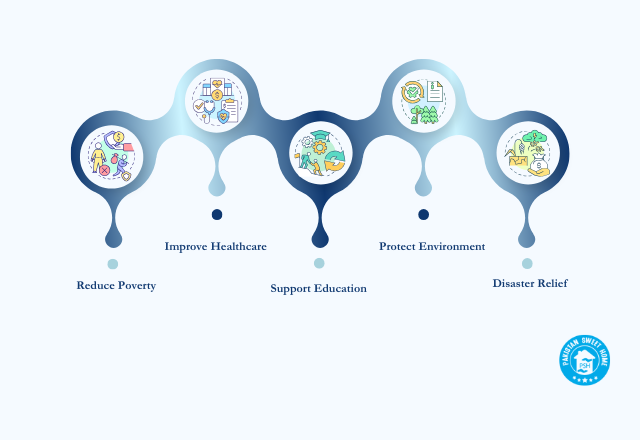
The world is home to approximately 10 million nonprofits, each devoted to making a distinctive impact.
Among these, philanthropic organizations help solve many of humanity's biggest challenges. These organizations work to reduce poverty, improve healthcare, and support education. They also play a key role in protecting the environment and changing lives worldwide.
Let’s explore what philanthropic organizations are, how they work, their types, and their impact on society.
A philanthropic organization is a group or entity that is focused on promoting the welfare of others, particularly those in need. Philanthropy means love and care for humanity, and a philanthropic organization helps people by giving donations, providing services, or running programs.
These organizations come in many forms, but their main goal is to improve lives, reduce suffering, and support communities.
Here are some types of philanthropic foundations:
Typically funded by a single source, such as a family or corporation. Its main purpose is to make grants to other charities and individuals.
Funded by contributions from a profitable business, often with close ties to the donor company. It focuses on grantmaking and providing support through various ways of charity.
These funds are managed by an organization, and the donor or someone they choose can advise on how the money is invested or used.
A nonprofit organization that receives at least one-third of its income from the general public. It may make grants or engage in charitable activities.
Some corporations establish their foundations or trusts to provide continuous support to communities and charitable causes.
In this arrangement, the donor contributes assets to a trust that makes annual distributions to the donor or others for a set number of years.
Philanthropic organizations rely on donations from individuals, companies, or governments. They may also raise funds through fundraising events or grants.
The funds are then used to carry out projects, provide assistance, or support specific causes. These organizations often operate under nonprofit models. This means they do not seek to make a profit but reinvest any funds raised into their mission.
Philanthropic organizations may be large, like international foundations, or small, like local charities. They can focus on a wide range of issues, including:
Philanthropic organizations help solve global problems like poverty, healthcare, education, and the environment. Many of these organizations are funded by large endowments, which allow them to make a significant difference in society.
Below is a list of some of the most notable philanthropic foundations around the world, along with their endowment values and key dates:
Source: This list is based on research by ARCO's Social Economy Unit. It looked at the top 100 largest philanthropic foundations based on their total assets, using financial data from 2016 to 2018. Sources include financial statements published by the foundations and the Foundation Center database.
These foundations are strong because they have a lot of money and can work with other groups, governments, and communities. They tackle issues like malaria, AIDS, education, and climate change, making a big impact worldwide.
By supporting education, health, and research, they help create lasting positive change. They help individuals access life-changing resources and services they might otherwise lack. Additionally, they provide grants to smaller charities and local initiatives, boosting communities worldwide.
To sum up, philanthropic organizations provide financial support and run important programs. They focus on health, education, social justice, and the environment. These organizations range from private foundations to public and corporate ones, playing a crucial role in addressing global challenges.
They use financial support, grants, and advocacy to tackle issues like health, education, and poverty. By collaborating with governments and local communities, these organizations drive lasting, positive change.

WRITTEN BY
Dr. Ayesha Khan (Community Development)
Dr. Ayesha Khan is a dedicated social worker with over 15 years of experience in child welfare and community development. As a passionate advocate for vulnerable children, she has worked tirelessly to create safe and nurturing environments for orphans and underprivileged youth. Dr. Khan holds a PhD in Social Work and has specialized in developing sustainable programs that support the holistic development of children. Through her work at Pakistan Sweet Home, she aims to raise awareness and inspire action through her insightful and compassionate writing.
Dr. Ayesha Khan is a dedicated social worker with over 15 years of experience in child welfare and community development. As a passionate advocate for vulnerable children, she has worked tirelessly to create safe and nurturing environments for orphans and underprivileged youth. Dr. Khan holds a PhD in Social Work and has specialized in developing sustainable programs that support the holistic development of children. Through her work at Pakistan Sweet Home, she aims to raise awareness and inspire action through her insightful and compassionate writing.
Top 15 Philanthropists in Pakistan: Icons of Generosity
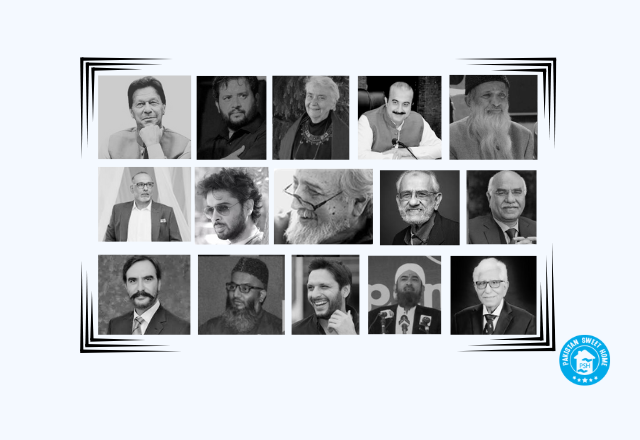
Corporate Philanthropy 101: Everything You Need to Know

28 Corporate Philanthropy Examples: How Businesses Make an Impact
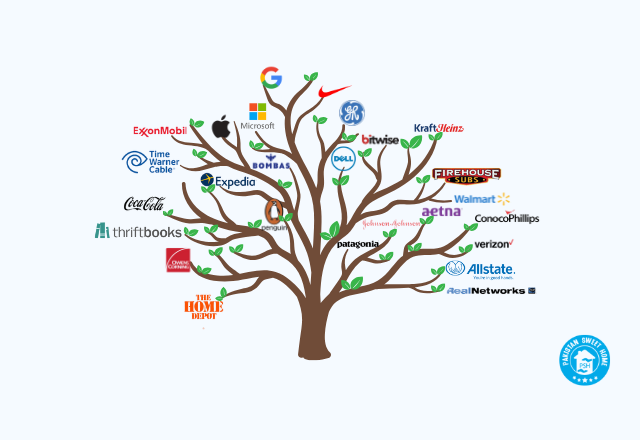
Venture Philanthropy: Origin, Ecosystem, Examples, Models, & Benefits
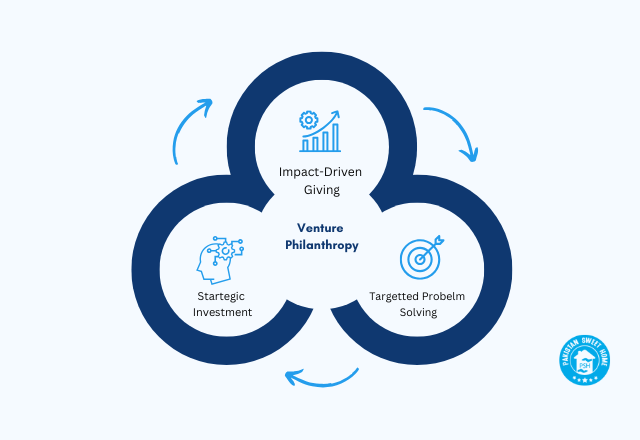
Exploring Top 20 Venture Philanthropy Organizations
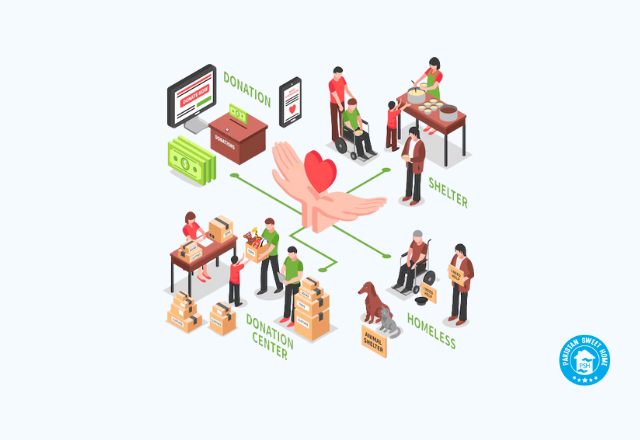
Understanding Philanthropic Responsibility

Trust-Based Philanthropy: Empowering Nonprofits
